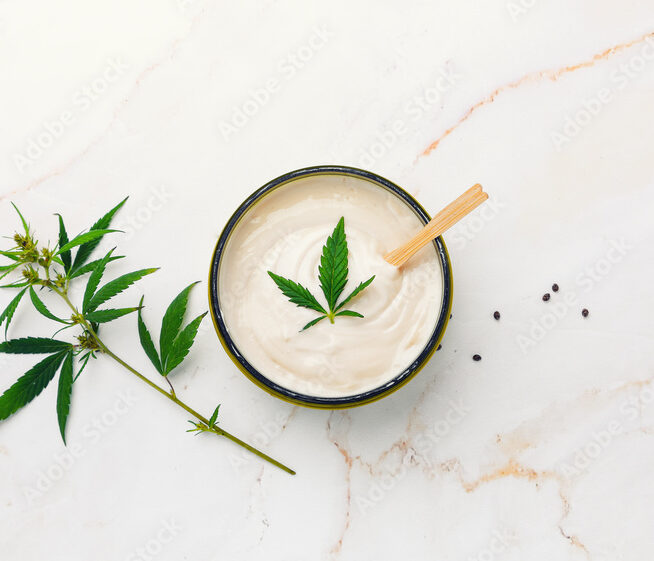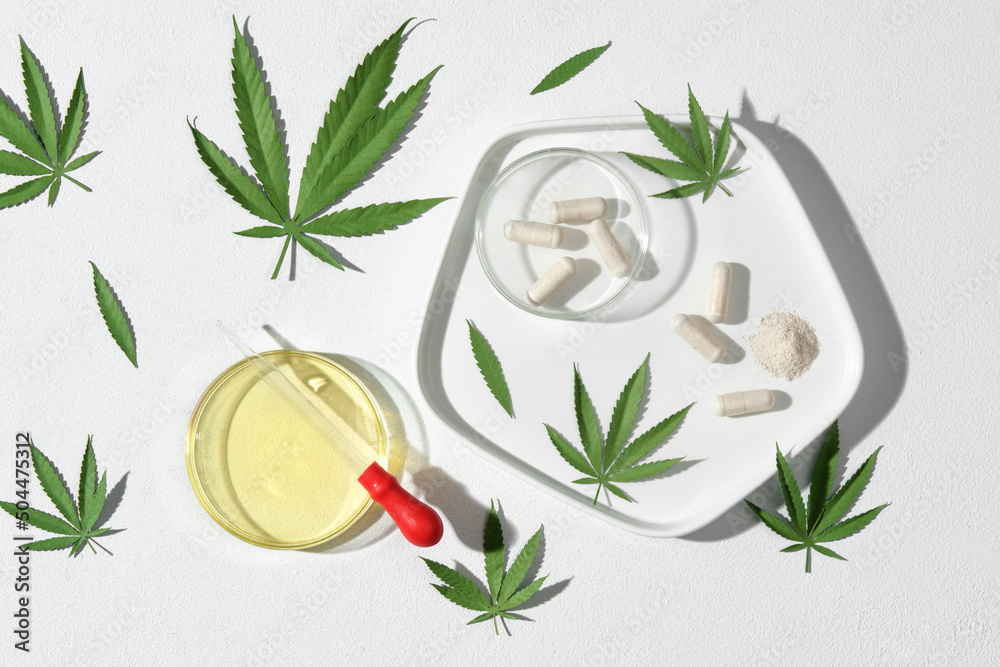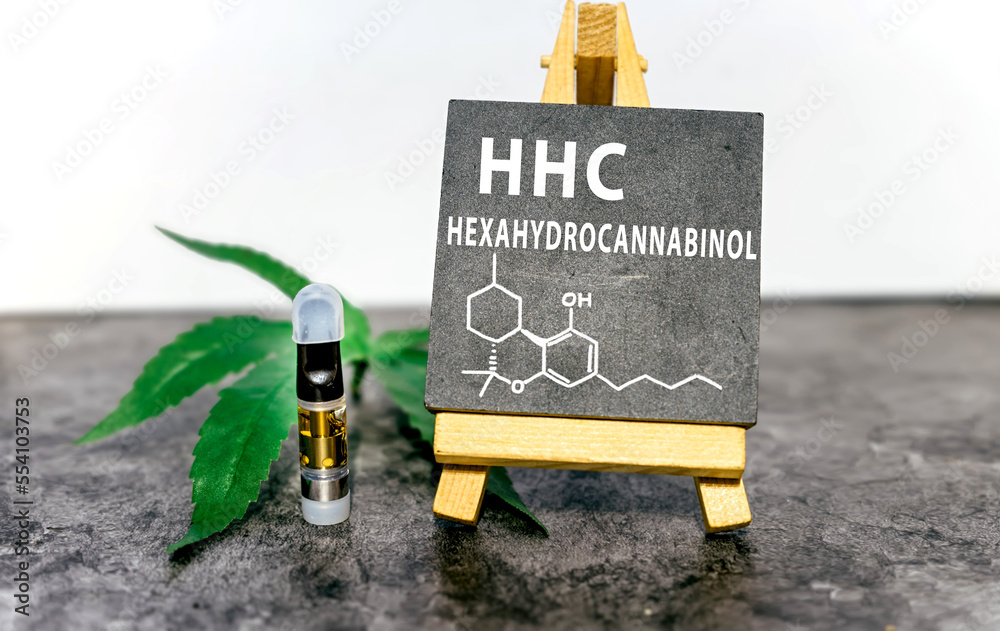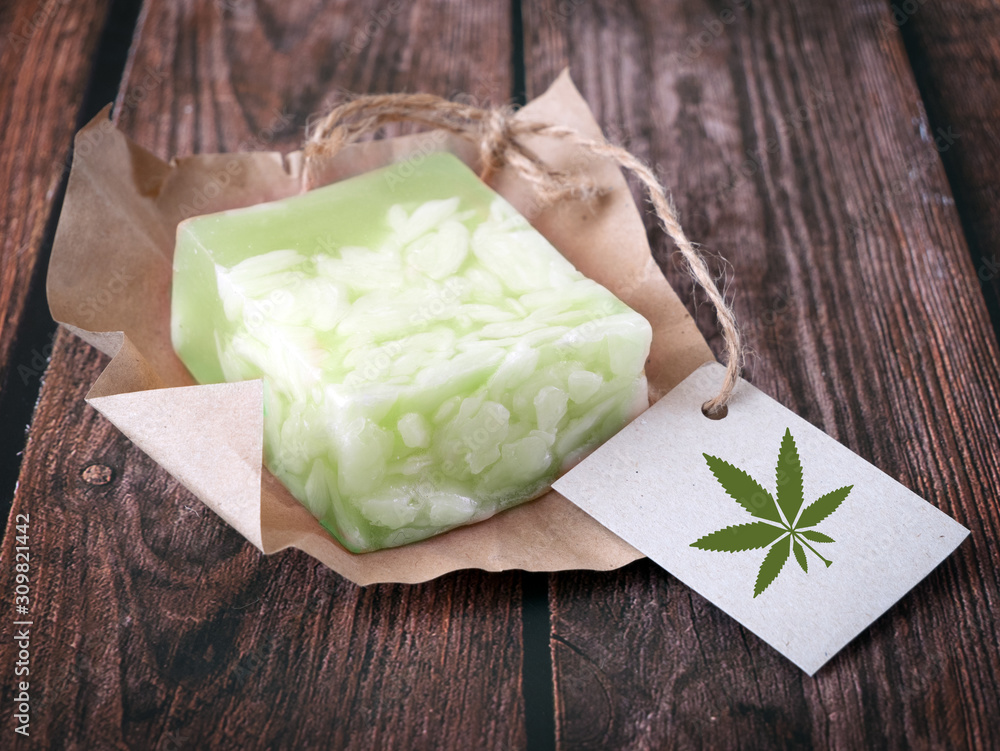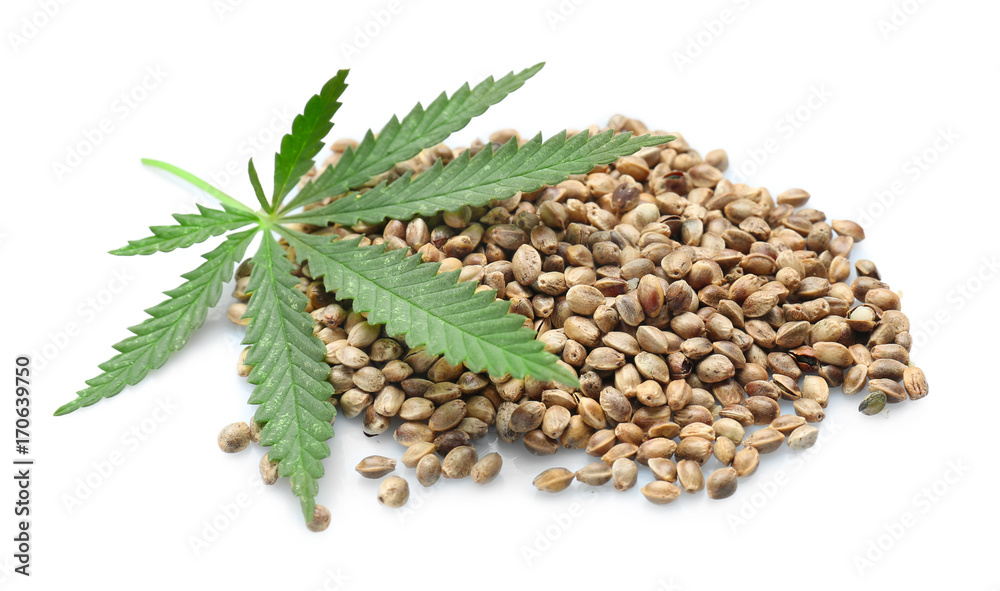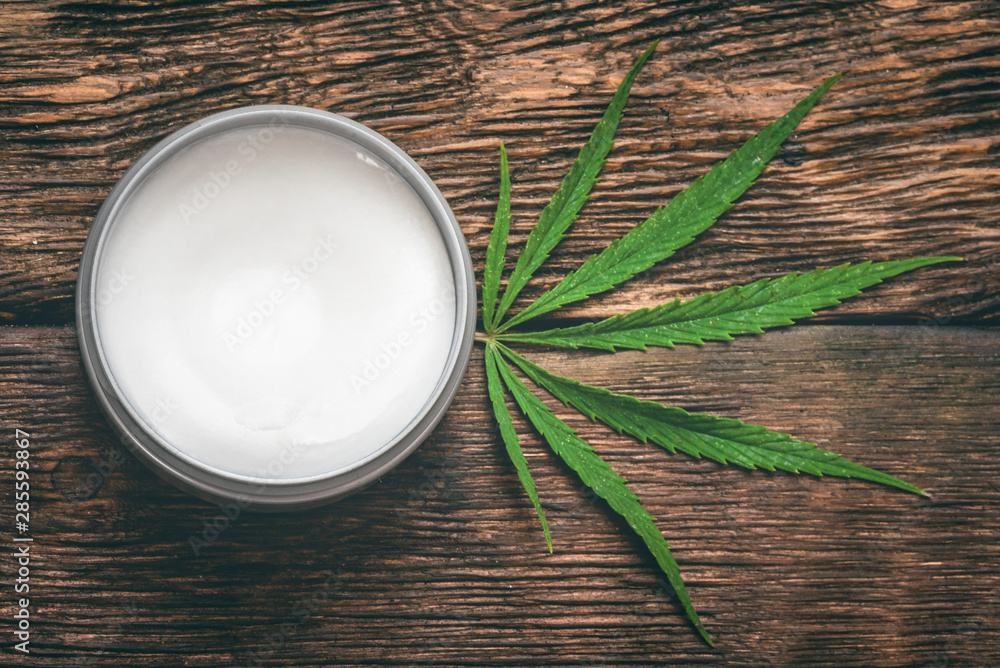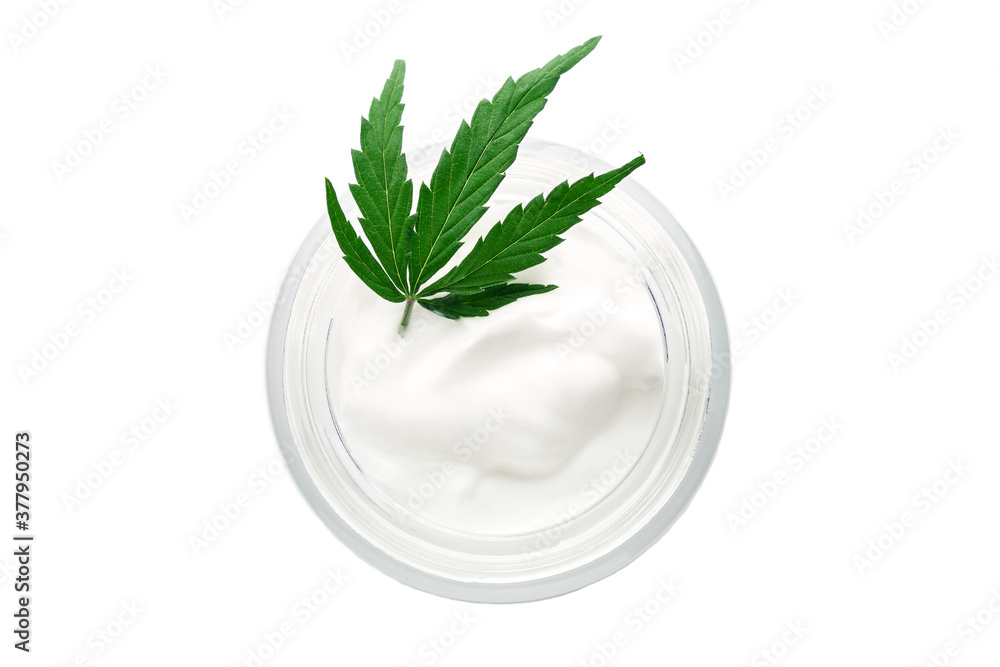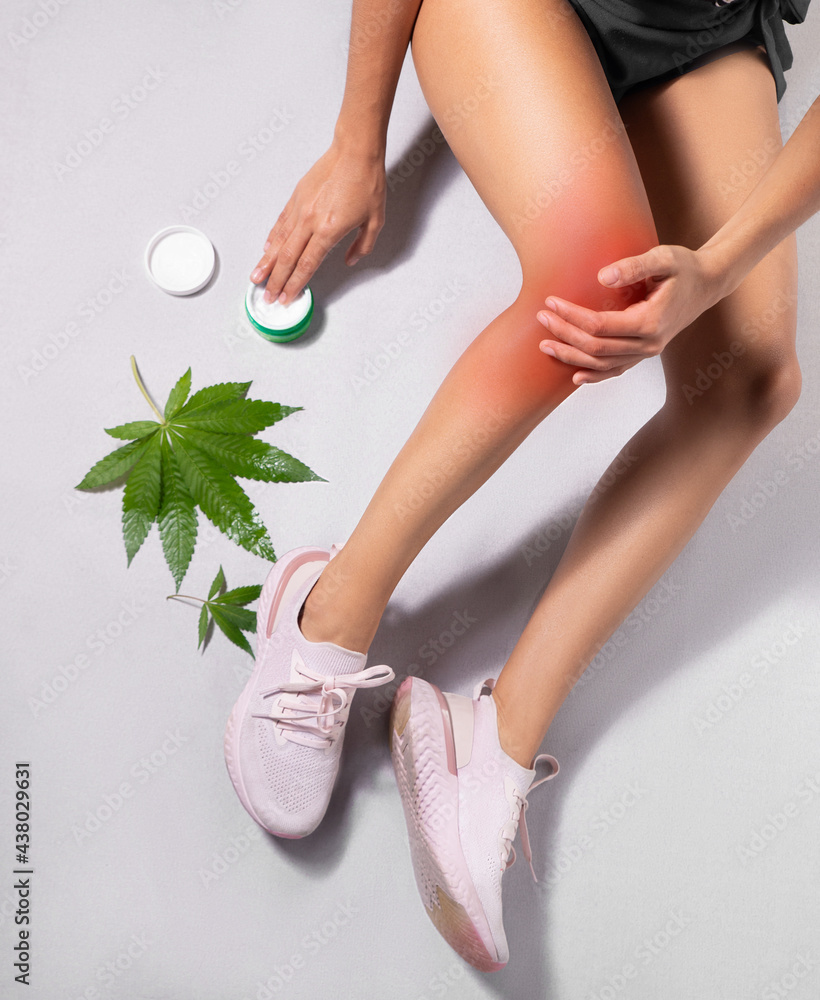What Are the Top 6Benefits of Hemp Moisturizer Lotion?
CLICK HERE to Discover the benefits of hemp lotion.
In recent years, there has been a significant surge in the popularity of hemp-derived products for various health and wellness purposes. One such product that has gained considerable attention is hemp lotion, which is formulated using hemp oil as a key ingredient. Hemp lotion offers a range of benefits for the skin, making it an excellent choice for individuals with various skin types and concerns. In this comprehensive guide, we’ll delve into the world of hemp lotion, exploring its key ingredients, potential side effects, and the myriad ways it can enhance skin health and overall well-being.
The Hemp Plant and Hemp Oil
To understand the benefits of hemp lotion, it’s crucial to grasp the role of hemp oil, a primary component derived from the cannabis sativa plant. Unlike its cousin, marijuana, hemp contains only trace amounts of THC, the psychoactive compound responsible for the “high” associated with cannabis. This makes hemp-derived products, including hemp lotion, legal under federal law in the United States.
Hemp oil is extracted from the seeds of the hemp plant and is renowned for its rich composition of essential fatty acids, including omega-3 and omega-6, which play a vital role in maintaining healthy skin. These polyunsaturated fatty acids help nourish and protect the skin’s natural barrier, making hemp oil an excellent moisturizer for both dry and oily skin types.
Key Ingredients of Hemp Lotion
Hemp lotion typically contains pure hemp seed oil as a key ingredient. This oil is known for its exceptional moisturizing properties, making it an ideal choice for addressing dry skin concerns. Additionally, hemp lotion often includes essential oils, such as aloe vera and various botanical extracts, to enhance its therapeutic effects.
- Aloe Vera: Aloe vera is a natural ingredient with soothing properties. It helps calm irritated skin and provides relief to conditions like atopic dermatitis, commonly known as eczema. When combined with hemp oil, it creates a potent duo for combatting dryness and inflammation.
- Vitamin C: Some hemp lotions incorporate vitamin C, a potent antioxidant that helps combat free radicals, reducing the signs of aging and promoting skin health. Vitamin C can also aid in brightening the skin’s appearance and improving skin elasticity.
- Essential Oils: Essential oils like lavender, chamomile, and tea tree oil are often included in hemp lotion for their aromatic and therapeutic benefits. These oils can provide additional calming effects, making hemp lotion a luxurious addition to your skincare routine.
Oils Used in CBD Hemp Cream
In recent years, CBD hemp cream has taken the wellness industry by storm. This topical solution is hailed for its potential to alleviate various ailments, from chronic pain to skincare concerns. But have you ever wondered what makes these creams so effective? The secret lies in the carefully selected oils used in their formulation. In this article, we’ll take a closer look at the oils that play a crucial role in CBD hemp creams and how they contribute to their unique properties.
- Hemp Seed Oil
At the heart of most CBD hemp creams is hemp seed oil. This oil is extracted from the seeds of the hemp plant, which is rich in essential fatty acids, particularly omega-3 and omega-6. These fatty acids are vital for maintaining healthy skin, as they help regulate oil production, reduce inflammation, and promote skin cell regeneration.
Hemp seed oil is non-comedogenic, meaning it won’t clog pores, making it an excellent choice for those with acne-prone skin. It also possesses natural anti-aging properties, making it a key ingredient in creams targeting wrinkles and fine lines.
- Coconut Oil
Coconut oil, derived from the meat of mature coconuts, is another superstar in the world of skincare. It’s lauded for its exceptional moisturizing capabilities, thanks to its high levels of saturated fats. These fats form a protective barrier on the skin’s surface, locking in moisture and preventing dehydration.
In CBD hemp creams, coconut oil helps deliver the therapeutic cannabinoids deeper into the skin, enhancing their effectiveness. Additionally, it provides a silky, smooth texture to the cream, making it easy to apply.
- Olive Oil
Olive oil has been cherished for centuries for its numerous health benefits, both internally and externally. When it comes to CBD hemp creams, extra virgin olive oil, in particular, is favored for its high content of antioxidants, including vitamins A and E. These antioxidants combat free radicals and oxidative stress, which can contribute to premature skin aging.
Olive oil also contains squalene, a natural emollient that helps maintain the skin’s moisture balance, keeping it soft and supple. When combined with CBD, it creates a powerful duo for promoting overall skin health.
- Avocado Oil
Avocado oil, extracted from the flesh of ripe avocados, is rich in monounsaturated fats, vitamins E, C, and K, and various minerals. These nutrients nourish and hydrate the skin, leaving it feeling revitalized and looking radiant.
Furthermore, avocado oil is known for its ability to penetrate deep into the skin, making it an excellent carrier oil for CBD. It enhances the absorption of cannabinoids and promotes their quick delivery to the targeted areas, providing faster relief.
- Jojoba Oil
Jojoba oil is not just a popular ingredient in CBD hemp creams; it’s a skincare favorite on its own. What makes jojoba oil unique is its similarity to the skin’s natural sebum. This resemblance allows it to regulate oil production, making it suitable for both oily and dry skin types.
When incorporated into CBD hemp creams, jojoba oil aids in maintaining a balanced complexion while assisting in the absorption of CBD. It also helps soothe irritation and redness, making it a valuable addition to creams designed for sensitive skin.
Conclusion
The oils used in CBD hemp creams are more than just carriers for cannabinoids and essential oils; they are essential components that contribute to the creams’ effectiveness and skin-loving properties. From hemp seed oil’s rich fatty acids to coconut oil’s exceptional moisturizing abilities, these oils work in harmony to offer a holistic skincare experience. So, the next time you apply CBD hemp cream, know that you’re not just pampering your skin; you’re also benefiting from the goodness of these carefully selected oils.
The Benefits of Hemp Lotion
So what is hemp lotion good for?
The following are a few hemp lotion benefits:
1. Natural Moisturizer
Hemp lotion’s primary role is to moisturize the skin. Hemp oil’s high content of essential fatty acids helps lock in moisture, preventing dehydration and flakiness. Whether you have dry or oily skin, incorporating hemp lotion into your daily skincare routine can help balance your skin’s moisture levels, leaving it feeling soft and supple.
2. Skin Health
The combination of essential fatty acids and amino acids in hemp oil promotes overall skin health. These nutrients help maintain the skin’s barrier function, protecting it from environmental stressors and potential irritants. As a result, hemp lotion can help prevent various skin issues and maintain a healthy complexion.
3. Anti-Aging Properties
Hemp lotion’s inclusion of vitamin C and antioxidants helps combat free radicals, which can accelerate the aging process. Using hemp lotion regularly can reduce the appearance of wrinkles and fine lines, giving your skin a more youthful and radiant look.
4. Soothing Effects
Hemp lotion, with added ingredients like aloe vera and essential oils, has soothing properties that can alleviate discomfort caused by various skin conditions. Whether you suffer from atopic dermatitis or simply have sensitive skin, the calming effects of hemp lotion can provide relief and comfort.
5. Muscle Relief
While often associated with skincare, hemp lotion can also be used to soothe sore muscles. Some formulations, known as CBD body lotions, contain higher concentrations of cannabidiol (CBD), a non-psychoactive compound found in the hemp plant. When applied topically, these CBD-infused lotions may offer relief from muscle aches and tension. A message with hemp body lotion can help soothe sore muscles
6. Versatile for All Skin Types
One of the remarkable aspects of hemp lotion is its versatility. It can benefit individuals with a wide range of skin types, from dry and sensitive to oily and acne-prone. Its ability to balance moisture levels while providing essential nutrients makes it a go-to product for many.
see more further down…
Potential Side Effects and Precautions
As with any skincare product, it’s essential to be aware of potential side effects and take necessary precautions:
- Skin Sensitivity: While hemp lotion is generally well-tolerated, some individuals may experience skin sensitivity or irritation. It’s advisable to perform a patch test on a small area of skin before applying it to a larger area.
- Drug Interactions: If you are taking prescription medications, consult with your healthcare provider before using hemp lotion, especially if you plan to use CBD-infused products. CBD can potentially interact with certain medications, and your healthcare provider can provide guidance on safety.
- Quality Matters: Ensure you choose a high-quality hemp lotion from a reputable manufacturer. Look for products that undergo third-party testing to verify their ingredients and potency.
- Dosage of CBD: If using a CBD lotion, pay attention to the concentration of CBD in the product, usually measured in milligrams (mg). Start with a lower dosage and gradually increase it if needed to assess its effects on your skin.
Common questions:
– Is hemp oil good for tattoos? In short, yes, absolutely. Read more here….
– Will hemp lotion show up on a drug test?
In recent years, the use of hemp-based products has surged in popularity, with consumers seeking natural alternatives for skincare and wellness. Hemp lotion, known for its moisturizing properties and potential health benefits, has become a staple in many people’s daily routines. However, a common concern among users is whether using hemp lotion can lead to a positive result on a drug test. Let’s delve into this issue to separate fact from fiction and help you make an informed decision about using hemp lotion.
Understanding Hemp Lotion
Before diving into the drug test aspect, it’s crucial to understand what hemp lotion is and its composition. Hemp lotion is a skincare product that contains hemp seed oil, which is derived from the seeds of the hemp plant (Cannabis sativa). Unlike its infamous cousin, marijuana, hemp contains very low levels of tetrahydrocannabinol (THC), the psychoactive compound responsible for the “high” associated with cannabis use.
THC Content in Hemp Lotion
Hemp lotion is manufactured from hemp seed oil, not the whole hemp plant. This oil has little to no THC content, as THC is primarily found in the flowers and leaves of the hemp plant, not the seeds. In most cases, reputable manufacturers of hemp lotion ensure that the product contains less than 0.3% THC, the legal limit established by the 2018 Farm Bill in the United States. This minimal THC concentration is not enough to produce psychoactive effects or trigger a high.
Drug Testing Concerns
The main concern regarding hemp lotion and drug testing is the possibility of THC being absorbed through the skin and into the bloodstream, potentially leading to a positive drug test result. While it is theoretically possible for trace amounts of THC to be absorbed transdermally, it is highly unlikely. The skin is a natural barrier that prevents most substances from entering the bloodstream. The minuscule amount of THC present in hemp lotion is unlikely to penetrate the skin in quantities significant enough to trigger a positive drug test.
Cross-Contamination and Product Quality
One potential risk is the chance of cross-contamination during manufacturing. If a company doesn’t maintain rigorous quality control standards, there could be trace amounts of THC in the final product. To avoid this issue, consumers should purchase hemp lotion from reputable brands that provide third-party lab testing results confirming the low THC content of their products.
Conclusion
In conclusion, using hemp lotion is unlikely to cause a positive result on a drug test. The minimal THC content in hemp seed oil, combined with the skin’s natural barrier, makes it highly improbable that enough THC could enter the bloodstream to trigger a positive test result. However, it’s essential to choose trustworthy brands that rigorously test their products for quality and THC content to minimize any potential risks.
As the popularity of hemp-based products continues to grow, it’s essential to stay informed about their properties and potential effects. If you are concerned about drug testing due to your use of hemp lotion, opt for products from reputable manufacturers, and rest assured that the chances of a positive result are extremely low. Always consult with a healthcare professional if you have specific concerns about using hemp products in conjunction with drug testing, especially in situations where your employment or legal status may be at risk.
the Natural Magic: Benefits of CBD Cream
In recent years, CBD (cannabidiol) has emerged as a shining star in the world of natural wellness. From oils and tinctures to gummies and capsules, CBD products have taken many forms. However, one product has been quietly gaining popularity for its targeted and soothing effects: CBD cream. This article will delve into the unique benefits of CBD cream and why it’s becoming a go-to option for those seeking relief from various discomforts.
What is CBD Cream?
CBD cream is a topical product infused with cannabidiol extracted from the cannabis plant. Unlike some other CBD products, such as oils or edibles, CBD cream is designed to be applied directly to the skin. It’s formulated by combining CBD with various carrier oils and natural ingredients, creating a soothing and nourishing product.
The Benefits of CBD Cream:
- Localized Relief: One of the standout features of CBD cream is its ability to provide localized relief. When applied to a specific area of the body, it can target discomfort or inflammation in that area, making it an ideal choice for those dealing with joint pain, muscle soreness, or skin conditions like eczema or psoriasis.
- Non-Psychoactive: Unlike its cousin, THC (tetrahydrocannabinol), CBD does not produce a psychoactive “high.” CBD cream, therefore, offers the therapeutic benefits of cannabidiol without the mind-altering effects, making it safe for daily use.
- Skin Health: CBD is known for its potential to promote skin health. CBD cream often contains moisturizing ingredients like shea butter and coconut oil, which can help hydrate and nourish the skin. Additionally, CBD’s anti-inflammatory properties may assist in managing skin conditions such as acne or redness.
- Fast Absorption: CBD cream is designed to be absorbed through the skin quickly, allowing for rapid relief. While oral CBD products must pass through the digestive system, topical application allows the CBD to bypass this process, delivering more immediate results.
- Customizable: CBD cream comes in various strengths, allowing users to choose the potency that suits their needs. Whether you require a low dose for mild discomfort or a higher concentration for more severe pain, there’s a CBD cream formulation for you.
- Minimal Side Effects: CBD is generally well-tolerated, with few reported side effects. Unlike some pharmaceutical pain relievers, CBD cream is less likely to cause issues such as gastrointestinal discomfort or liver problems.
- No Risk of Addiction: Opioid pain medications can be highly addictive and pose a significant risk of dependency. CBD cream offers a natural alternative without the risk of addiction.
- Ease of Use: Applying CBD cream is as simple as massaging it into the skin. It doesn’t require any special equipment or knowledge, making it accessible to a wide range of users.
CBD oil products are equally beneficial.
Top Benefits of CBD Oil
In recent years, CBD oil has emerged as a wellness trend that shows no signs of slowing down. Cannabidiol, or CBD, is a compound derived from the cannabis plant that has gained widespread popularity for its potential health benefits. While CBD does not produce the psychoactive effects associated with its cousin, THC, it offers a range of benefits that have made it a go-to remedy for many individuals seeking natural alternatives to traditional medicine. In this article, we’ll explore some of the top benefits of CBD oil that have captivated the attention of consumers and researchers alike.
- Pain Management
One of the most well-documented benefits of CBD oil is its ability to alleviate pain. Whether it’s chronic pain conditions, such as arthritis or back pain, or acute pain from injuries, CBD has shown promise as a natural pain reliever. CBD interacts with the endocannabinoid system in our bodies, which plays a crucial role in regulating pain. By influencing these receptors, CBD may help reduce inflammation and provide relief from discomfort without the side effects associated with many prescription pain medications.
- Anxiety and Stress Reduction
In today’s fast-paced world, anxiety and stress are increasingly prevalent concerns. CBD has gained recognition for its potential to promote relaxation and reduce anxiety. Studies have suggested that CBD may interact with serotonin receptors in the brain, helping to regulate mood and promote a sense of calm. Many users report feeling less anxious and better equipped to manage stress after incorporating CBD into their daily routines.
- Improved Sleep
Quality sleep is essential for overall well-being, and CBD oil may offer assistance in achieving a more restful night’s sleep. By reducing anxiety and promoting relaxation, CBD can help individuals fall asleep faster and stay asleep longer. It may also be beneficial for those who suffer from sleep disorders like insomnia. Unlike some sleep medications, CBD is not habit-forming and does not carry the same risk of dependence or grogginess the next day.
- Neuroprotection
Emerging research suggests that CBD may have neuroprotective properties, meaning it could help safeguard brain health. Some studies indicate that CBD may help protect against neurodegenerative diseases such as Alzheimer’s and Parkinson’s by reducing inflammation and oxidative stress in the brain. While more research is needed to fully understand the extent of these benefits, the potential implications for brain health are exciting.
- Skin Health
CBD’s anti-inflammatory and antioxidant properties extend to skincare as well. CBD-infused topical products, such as creams and serums, are gaining popularity for their potential to soothe various skin conditions, including acne, eczema, and psoriasis. CBD’s ability to reduce inflammation and regulate oil production may contribute to clearer, healthier-looking skin. Hemp lotion is good for tattoo aftercare as well.
- Epilepsy Management
Perhaps one of the most well-known success stories of CBD is its role in managing epilepsy, particularly in children with treatment-resistant forms of the condition. The FDA has approved a CBD-based medication called Epidiolex for the treatment of two severe forms of epilepsy, Lennox-Gastaut syndrome and Dravet syndrome. This groundbreaking development has given hope to many families struggling with epilepsy.
The top benefits of CBD oil are a testament to its versatility and potential to improve various aspects of our physical and mental well-being.A lotion is simply one modality of use. Therefor weather you use a lotion or an oil, the benefits of cbd are numerous. From pain relief and anxiety reduction to enhanced sleep and potential neuroprotection, CBD continues to capture the attention of researchers and consumers alike. As with any supplement, it’s crucial to consult with a healthcare professional before incorporating CBD into your wellness routine, especially if you have underlying medical conditions or are taking other medications. However, for many people seeking natural alternatives to traditional medicine, CBD oil represents a promising avenue for a healthier, more balanced life.
Conclusion
CBD cream is a versatile and effective product that offers a range of benefits for those seeking natural relief from discomfort, inflammation, or skin issues. Its localized action, non-psychoactive nature, and minimal side effects make it a compelling option in the world of wellness. Whether you’re an athlete looking to ease post-workout muscle soreness or someone seeking relief from chronic pain, CBD cream may be the solution you’ve been searching for. Remember to consult with a healthcare professional before adding any new wellness product to your routine, especially if you have underlying medical conditions or are taking other medications.
In conclusion, hemp lotion, enriched with hemp oil and a range of natural ingredients, offers numerous benefits for skin health. Its moisturizing, anti-aging, and soothing properties make it an excellent choice for individuals with various skincare needs. When used correctly and responsibly, hemp lotion can become a valuable addition to your daily skincare routine, helping you achieve and maintain healthy, radiant skin while potentially providing relief for sore muscles and promoting overall well-being.The benefits of hep lotion are numerous.
